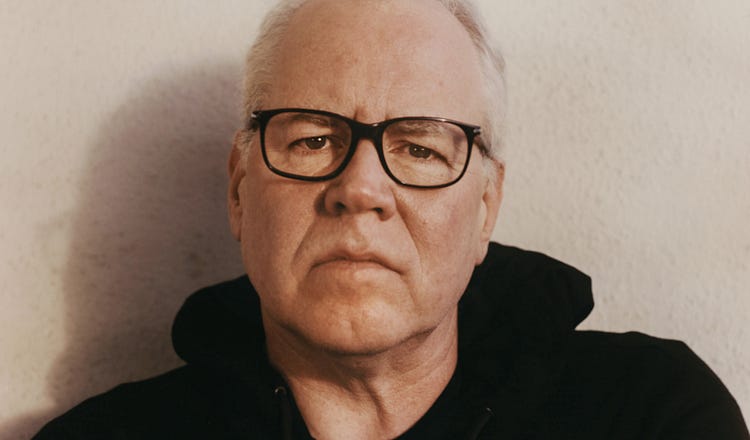Bret Easton Ellis’s Great Defense of Gen X

Credit: Pat Martin
‘The Shards’ parachutes us back into the world before teenagers became so sensitive. ‘We were very, very free to explore things that might hurt us, potentially might damage us.’
273
You can see the Century Towers—the site of the harrowing climax of The Shards, Bret Easton Ellis’s new novel—from Ellis’s 11th-story condo in West Hollywood. It was designed by I.M. Pei in 1964, and for many years it epitomized mid-century modern chic, and the juxtaposition Ellis paints in his novel—blood splattered against sleek white walls, chaos enve…
Continue Reading The Free Press
To support our journalism, and unlock all of our investigative stories and provocative commentary about the world as it actually is, subscribe below.
$8.33/month
Billed as $100 yearly
$10/month
Billed as $10 monthly
Already have an account?
Sign In

